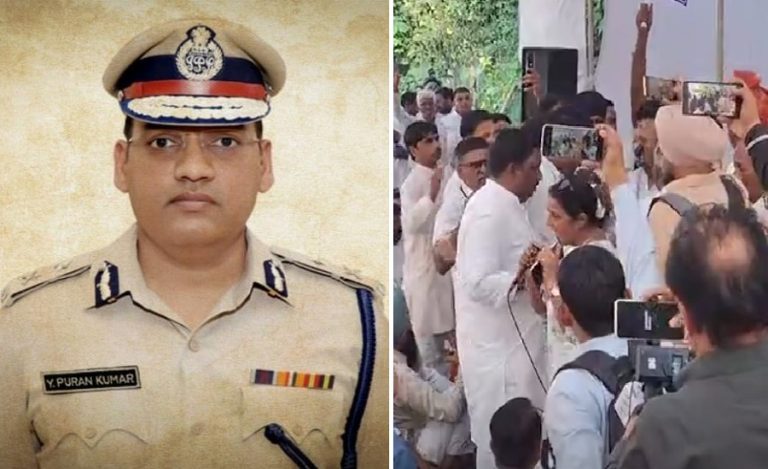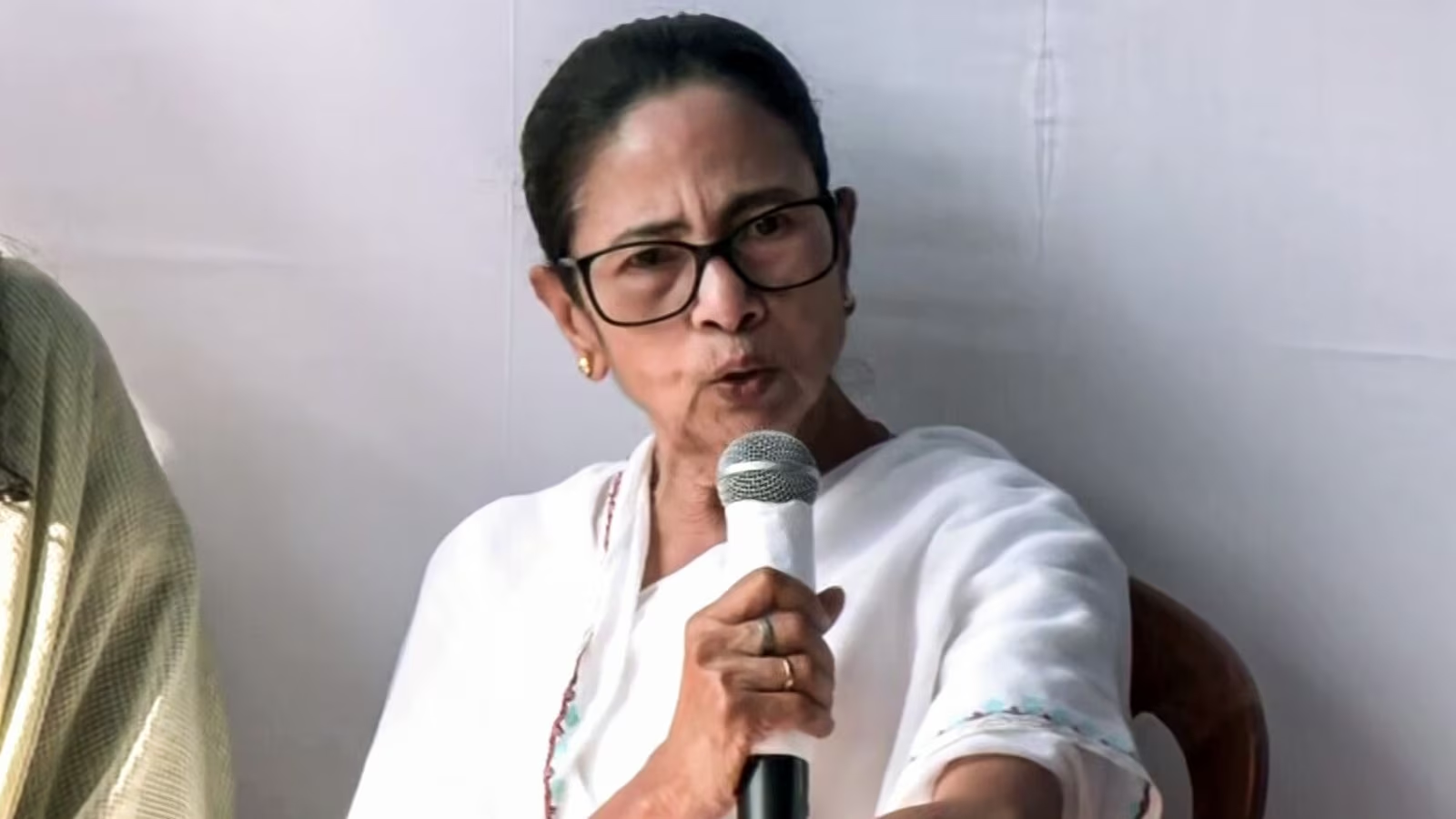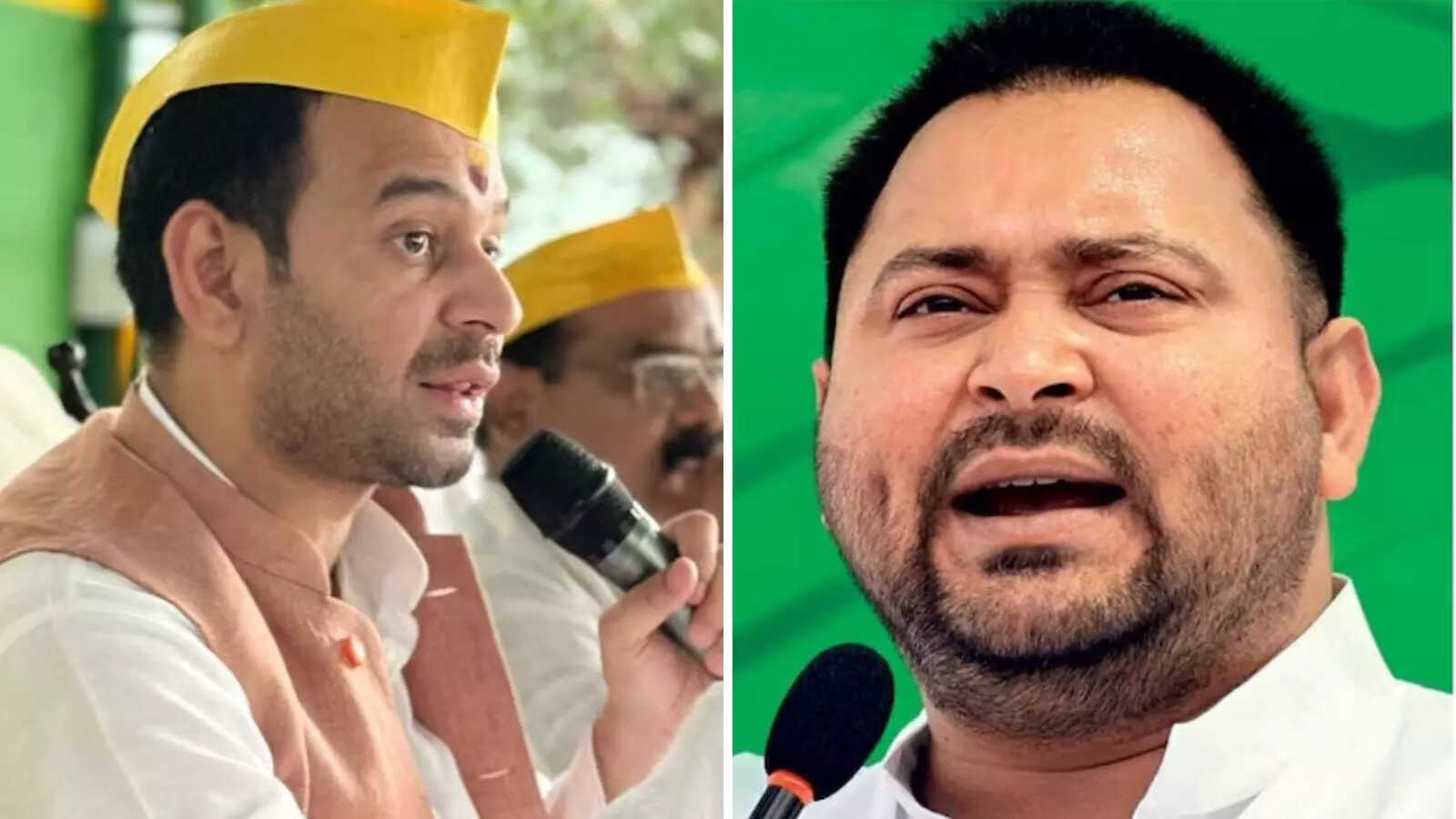Now Reading: Haryana Officer’s Suicide Sparks 48-Hour Ultimatum to Remove DGP
-
01
Haryana Officer’s Suicide Sparks 48-Hour Ultimatum to Remove DGP
Haryana Officer’s Suicide Sparks 48-Hour Ultimatum to Remove DGP

A 31-member committee has issued a bold ultimatum: remove Haryana’s DGP within 48 hours in response to the alleged suicide of IPS officer Y Puran Kumar. The demand comes amid accusations of harassment, caste discrimination, and administrative failure. In towns across Haryana and adjoining states, the case has stirred deep questions about accountability and justice in the higher echelons of law enforcement.
The ultimatum and demands
At a mahapanchayat held in Chandigarh, the committee allied with the deceased officer’s family demanded immediate removal of DGP Shatrujeet Kapur and arrest of former Rohtak SP Narendra Bijarniya. They have threatened mass protests and refusal to allow post-mortem or last rites until action is taken. The committee insists the FIR be amended to include the names of all officers cited in the alleged suicide note.
The family contends that Kumar endured years of harassment, humiliation, and caste-based discrimination at the hands of senior colleagues. The note reportedly names eight officers as responsible for mental pressure that pushed him to the edge.
Investigation status and challenges
A Special Investigation Team (SIT) has been constituted, and police in Chandigarh and Rohtak are probing the case. Authorities have added provisions under the SC/ST (Prevention of Atrocities) Act to the FIR, citing caste discrimination claims. Yet the family has withheld consent for autopsy and cremation, citing mistrust in the system.
Meanwhile, the government has transferred the Rohtak SP named in the note, but critics argue that sanctions against senior leaders like the DGP are yet to follow.
Political and social ripples
This is no longer just an individual tragedy. The issue has become a flashpoint around power, caste, and institutional integrity. Political parties are pressuring the state government to act swiftly. In Haryana cities and towns, public discourse is fixated on whether the police leadership will be held accountable.
In smaller towns especially, this case underscores a bitter reality: many feel that authority figures remain insulated from consequences. When an officer at the top of the hierarchy is alleged to face harassment, it sends shockwaves through lower ranks and communities alike.
What people in Tier-2 and Tier-3 cities should watch
First: will the government act transparently and promptly? The credibility of law enforcement hinges on visible, fair action.
Second: will the demands of the family and the committee be met without political compromise? Compromise risks undermining trust.
Third: will this lead to deeper reform in how complaints and internal pressure are handled in police services, especially in non-metro districts?
Conclusion
This case is a stark reminder that even powerful institutions are vulnerable to crisis if accountability fails. For citizens across Haryana and beyond, it’s a test of whether protests and demands can force action — or whether they will be met with inertia. In the coming 48 hours, much depends on whether justice will be served in word and deed.

























